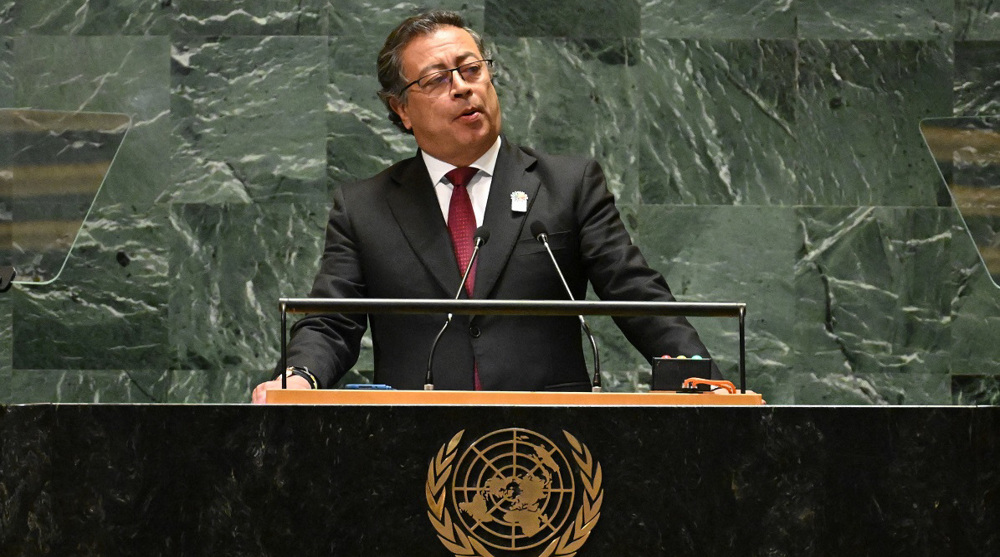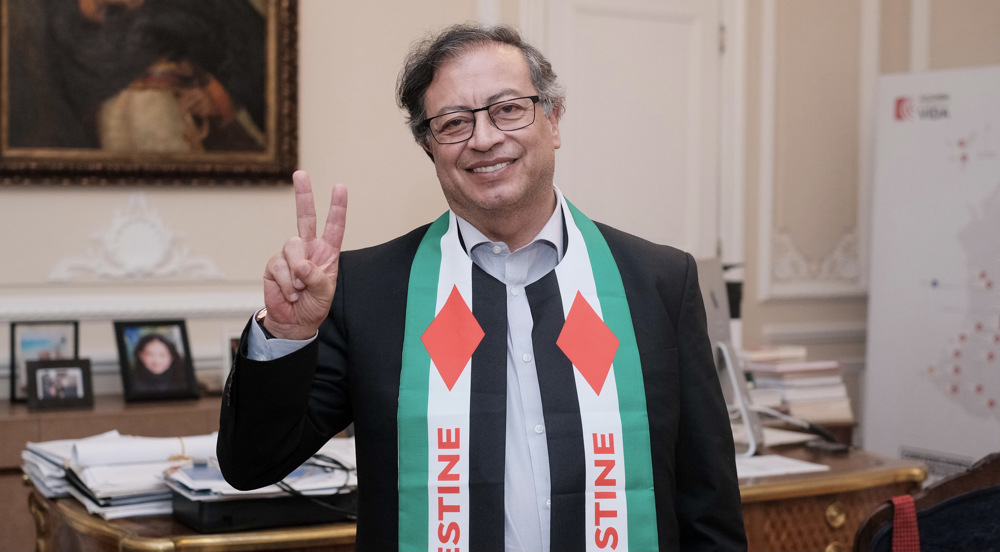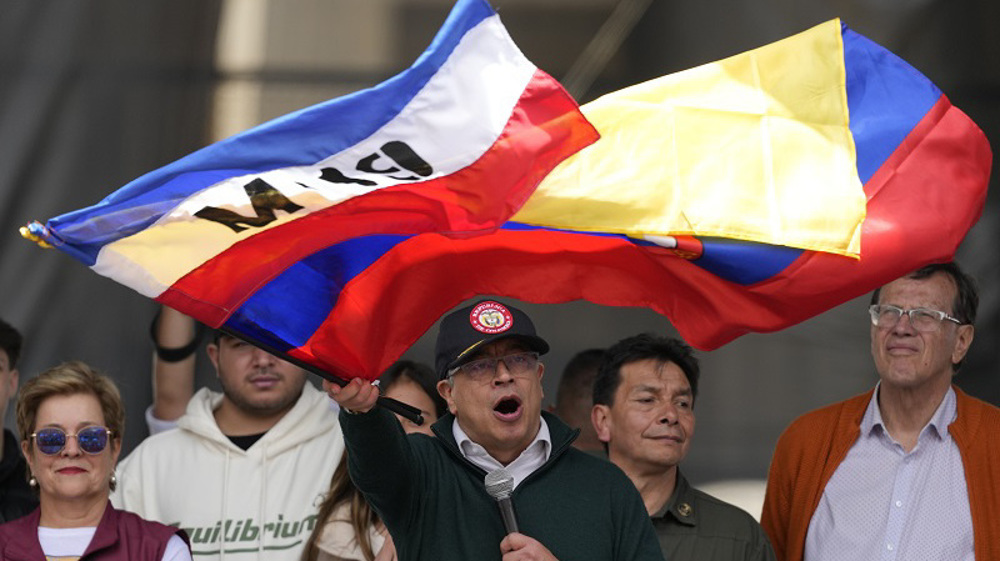UN warns of 'power vacuum' in Colombia
The United Nations has warned of a "power vacuum" in Colombia caused by the slow implementation of the November 24 peace agreement between the government and the Revolutionary Armed Forces of Colombia (FARC).
Ravina Shamdasani, the spokeswoman for the UN High Commissioner for Human Rights, told reporters on Friday that "practical aspects of the demobilization and disarming of FARC members set out in the accord are not being prioritized."
Under the peace deal, FARC members are expected to gather in 27 zones where they will be demobilized and disarm.
However, the spokeswoman said "none of these zones are equipped to adequately receive them" after two weeks into the demobilization process.
The UN official said people in the zones lack access to safe drinking water, food, health services and electricity.
Shamdasani said it was important to ensure that "combatants do not abandon the peace process" during the initial days of demobilization process.
She also referred to a "similar lack of preparation and facilities" as well as a lack of concrete security measures in the so-called pre-concentration points where the FARC fighters have been gathering prior to the demobilization.

"As FARC guerrillas leave areas that are traditionally under their control, the state has not yet fully stepped in, leaving a power vacuum," Shamdasani said.
"Armed and criminal groups are vying for the control of illegal economic activities in these areas."
According to the UN rights office, some 61 people have lost their lives in Colombia, most of them human rights activists and social leaders in rural areas.
The spokeswoman said that more than a third of the deaths occurred after the first peace deal was struck in September.
The UN also called on Colombia’s government to designate a crisis manager with executive authority to tackle problems.
"We are also calling for immediate, determined and visible state action on the ground to provide security and basic services, and to begin implementing all aspects of the accord to ensure that it lives up to the promise of peace for Colombia," the spokeswoman said.
The initial deal, negotiated for some four years, was sealed on September 26 between the two warring sides but it was rejected unexpectedly by a razor-thin margin in a referendum on October 2, with opponents, led by former President Alvaro Uribe, saying that it was too lenient on the rebels and called for revisions.
The final revised edition, however, was signed by the government and FARC on November 24 and won unanimous approval by both the senate and lower house of congress in late November and early December, respectively, ending 52 years of a deadly violence.
VIDEO | Jordanians continue rallies to denounce Israeli genocide in Gaza, Lebanon
6 Israeli soldiers commit suicide: Reports
Diplomat discourages recourse to pressure, intimidation, confrontation against Iran
UN: 2024 deadliest year for aid workers amid genocide in Gaza
Gaza health official warns of hospital shutdowns within 48 hours
Israel kills 5 more paramedics in southern Lebanon: Health ministry
Iran to launch ‘new, advanced’ centrifuges in response to IAEA resolution: AEOI
Yemen fires hypersonic missile at Israeli airbase










 This makes it easy to access the Press TV website
This makes it easy to access the Press TV website